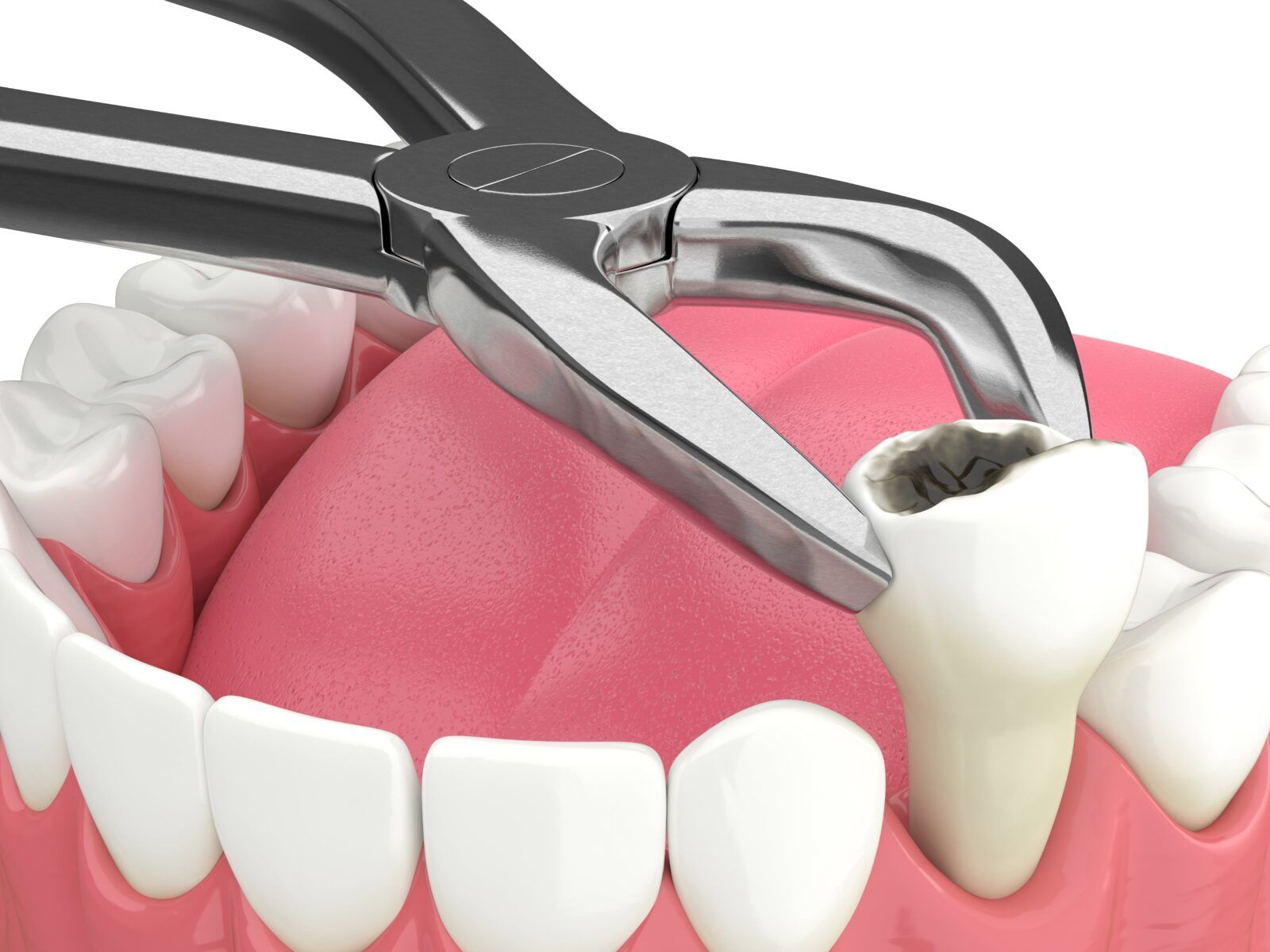Facing the prospect of having a tooth extracted can be a nerve-wracking experience for many. However, with the right information and preparation, you can ease your anxiety and ensure a smooth process. In this blog, we’ll walk you through what to expect when having a tooth extracted, from the initial consultation to the post-operative care.
Consultation and Evaluation
Before the actual tooth extraction, you will have a consultation with your dentist or oral surgeon. During this visit, they will review your dental and medical history, take X-rays, and assess the condition of the affected tooth. They’ll also discuss the extraction procedure and address any concerns or questions you may have.
Local Anesthesia or Sedation
To minimize discomfort during the extraction, your dentist may administer a local anesthetic to numb the area around the tooth. In some cases, especially for complex extractions or anxious patients, they may suggest conscious sedation or general anesthesia. Sedation can help you relax during the procedure and ensure a pain-free experience.
The Extraction Procedure
The actual tooth extraction procedure varies depending on the tooth’s position, condition, and the method used. Generally, there are two types of tooth extractions:
- Simple Extraction: For visible teeth with a single root, your dentist will use specialized instruments to gently loosen the tooth from the socket before removing it.
- Surgical Extraction: For impacted or broken teeth, your dentist may need to make a small incision in the gum to access the tooth. They may also need to section the tooth or remove bone around it for easier extraction.
Sensations and Recovery Time
During the extraction, you might feel some pressure as the dentist works on the tooth. However, you should not experience pain due to the anesthesia. After the extraction, you might feel mild discomfort or soreness, which can be managed with over-the-counter pain medications as prescribed by your dentist.
Post-Operative Care
Proper post-operative care is crucial for the healing process. Your dentist will provide specific instructions, which may include:
- Gently biting down on a gauze pad placed over the extraction site to control bleeding.
- Avoiding certain foods and drinks, especially hot and crunchy items, to prevent irritation.
- Refraining from smoking or using a straw to prevent dislodging the blood clot and developing a condition called “dry socket.”
- Taking prescribed antibiotics, if provided, to prevent infection.
- Applying ice packs to reduce swelling in the first 24 hours.
Healing Process
The initial healing period typically takes about one to two weeks. The gum tissue will gradually close over the extraction site, and a new bone will form. Complete healing might take several months, during which you should attend any follow-up appointments scheduled by your dentist to monitor progress.
Complications and When to Seek Help
While tooth extractions are generally safe, complications can arise. If you experience severe pain, excessive bleeding, persistent swelling, fever, or any other concerning symptoms, contact your dentist or oral surgeon immediately.
In Conclusion
Having a tooth extracted might seem daunting, but with the right knowledge and professional care, it can be a straightforward procedure. Remember to follow your dentist’s instructions diligently, maintain proper oral hygiene, and attend all follow-up appointments to ensure a smooth and speedy recovery. Always consult with your dentist about any concerns or questions you may have, as they are there to support you throughout the process. Your oral health is essential, and tooth extraction, when necessary, can pave the way for a healthier and brighter smile.

